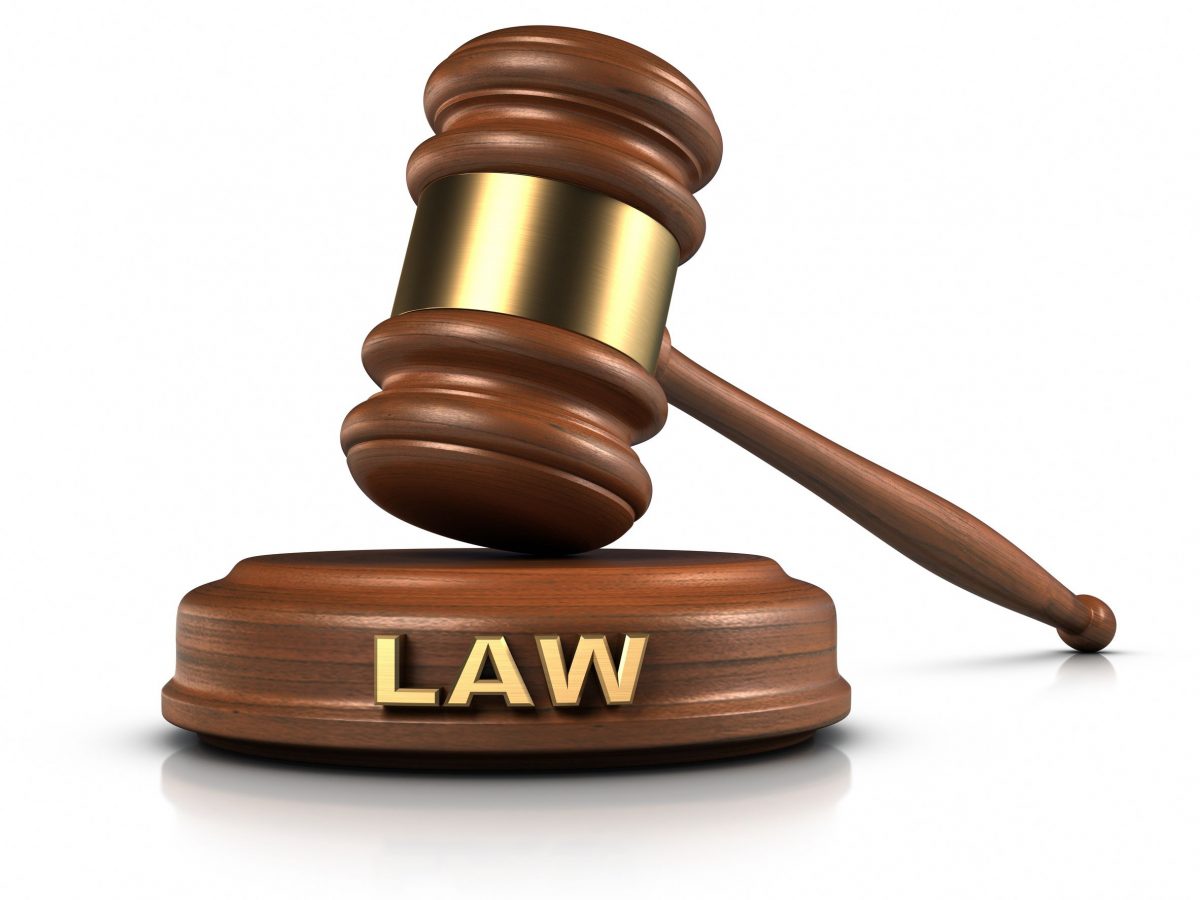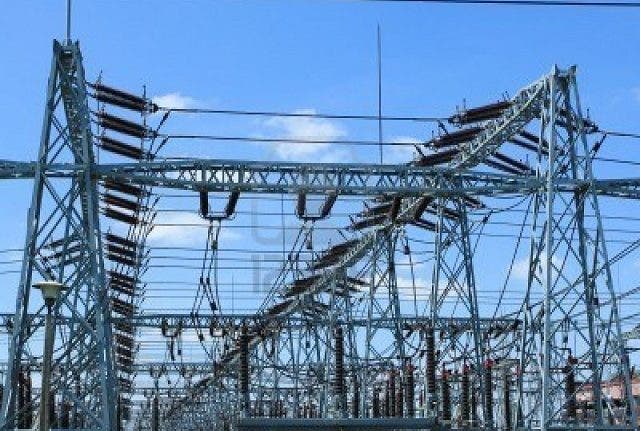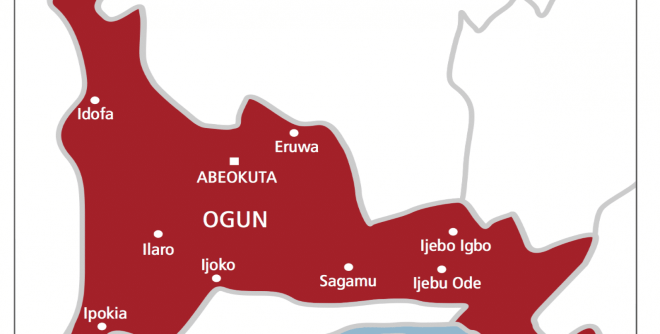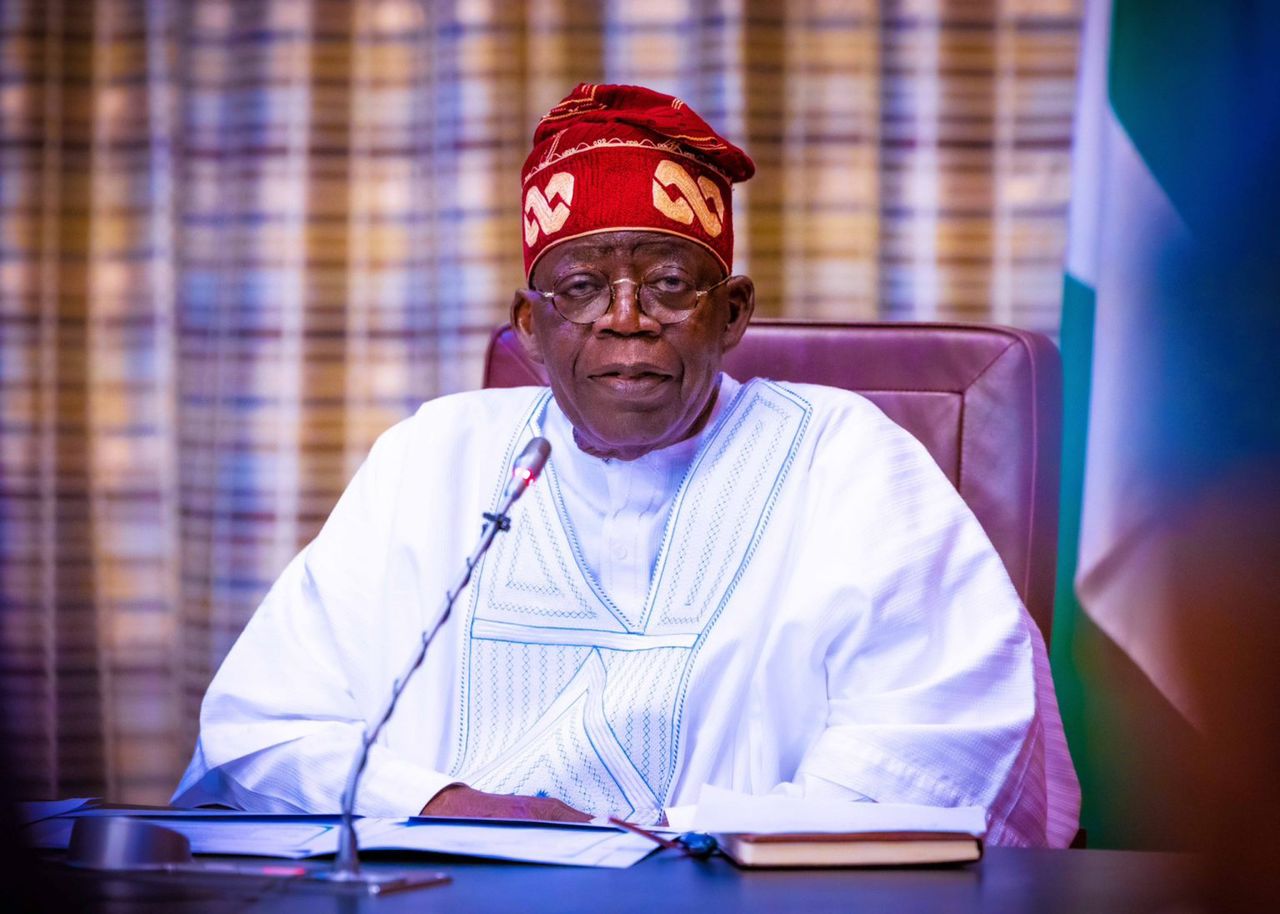Important Parts Of Law In Nigeria


By Debbie Obasa
There are four distinct legal systems in Nigeria, these include English law, Common law, Customary law, and Sharia (Islamic) law. In Nigeria however, there are five important laws.
- THE CONSTITUTION
This is the most important law in the country, it is the law from which all the other laws in Nigeria gain their validity. Therefore, this is the grundnorm of the legal system that need to be aware of. The importance of this law is probably the reason why you hear people use the expression ‘that is unconstitutional’ so much, because if something is unconstitutional, it cannot stand. The constitution also contains all the fundamental human rights of Nigerian citizens.
- THE CRIMINAL CODE/PENAL CODE
These laws are where most (not all) of the criminal laws are. It contains provisions on what actions constitute a crime, and what the penalties are for committing the crimes. It contains crimes like murder, rape, armed robbery, fraud, witchcraft (yes, witchcraft is a crime in Nigeria) and much more. Some crimes have their own specific laws because of the importance or technical nature of those crimes, for instance, money laundering is specifically criminalised under the Money Laundering Act. However, most of the laws are in either the Criminal Code or the Penal Code.
The reason why there are two different laws is because the Criminal Code is for most of the States in Southern Nigeria, and the Penal Code is for most of the States in Northern Nigeria. There are certain key differences in the law which reflect the cultural differences between the Northern and Southern Nigeria
- THE ELECTORAL ACT
This is the law which regulates how elections are conducted in Nigeria. The law does not deal with the eligibility for office and terms of office of political office holders (that is contained in the Constitution), however, it does contain all the other elements of the electoral process in Nigeria. For example, it deals with establishment of a National Voters’ register, and procedure for voters’ registration, directions on conducting political rallies and election campaigns, the establishment, staffing, and management of the Independent National Electoral Commission (INEC) which is the organisation that conducts the elections in Nigeria.
- THE LABOUR ACT
The Labour act is the primary legislation in Nigeria which deals with the relationship between an employer and its employees. It contains quite a number of provisions which govern this relationship, and also all the regulatory processes applicable for employers. Some important provisions in the Labour Act are provisions that employees must have a written contract and are entitled to payment of wages, provisions against forced labour, and issues like maternity leave.
- LAND USE ACT
The Land Use Act is the primary law in Nigeria that deals with the ownership and transfer of ownership of land. The law is quite unique in the sense that it is more ‘important’ than a regular law. Before this law can be amended or repealed, there is a protracted process, in fact, it can only be amended using the same procedure that would be followed in amending the Constitution. One of the important provisions in the Land Use Act is that all land is owned by the Government – that is why when you want to buy/sell land you need ‘Governor’s consent’.









